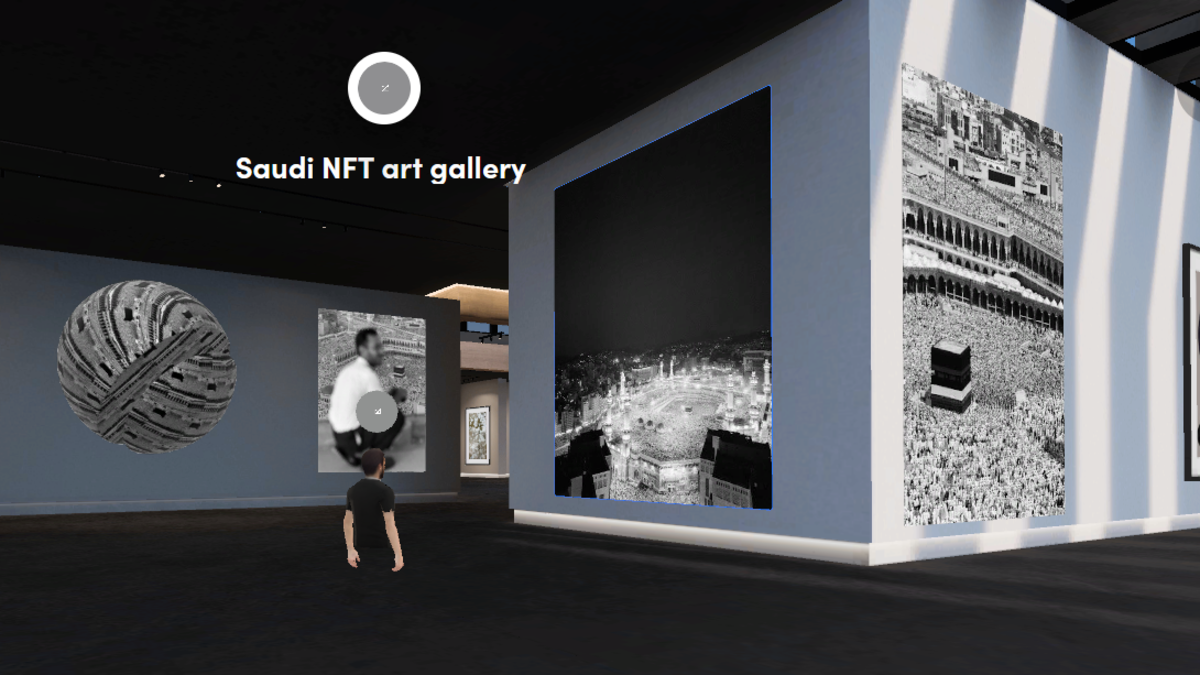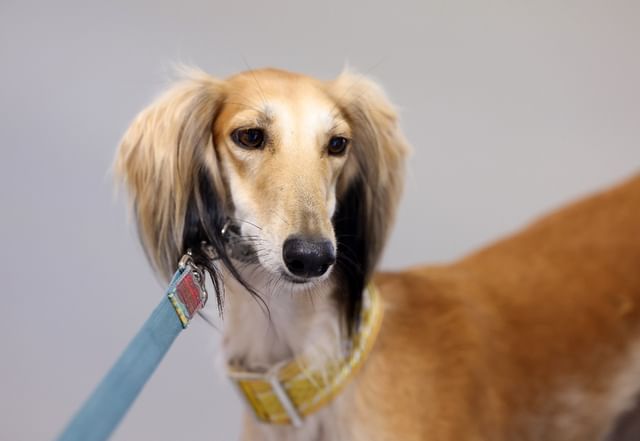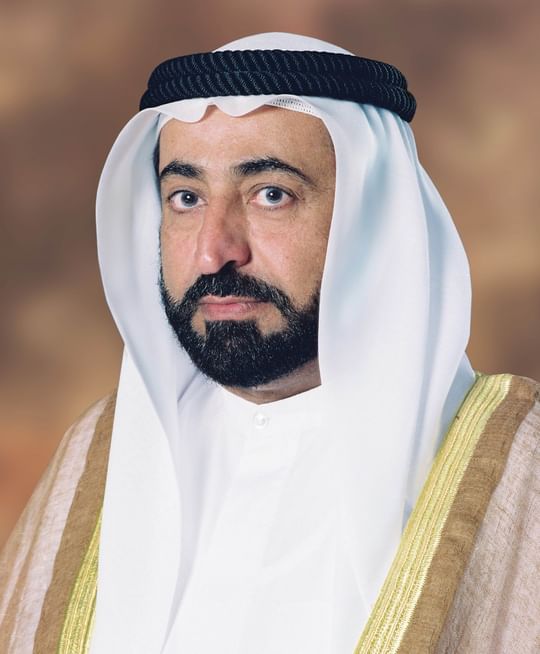A Saudi princess who was one of the first women to document the Hajj pilgrimage with her photography has launched a non-fungible token (NFT) collection featuring some of her historic shots.
For the latest headlines, follow our Google News channel online or via the app.
Prices for NFTs of Reem al-Faisal’s Mecca and Medina series start from $630 and go up to $5,677 on the OpenSea NFT marketplace.
Al-Faisal spoke to Al Arabiya English about how she sees the NFT market as a new medium of expression, part of the merging of the digital and physical worlds.
NFTs are digital items that are listed on blockchain ledgers – essentially a public database that proves ownership and is allowing digital artists to commodify their work.
Getting her start in analog photography, where the prints have a “very in-depth, sensual feeling” to them, al-Faisal several years ago switched to digital when she felt that the technology had caught up with her artistic vision.
Now, moving into the uncharted territory of NFTs, which are often associated with the idea of a digital “metaverse,” al-Faisal sees significant opportunities for artists and art enthusiasts.
“The possibilities of our visual experience being eventually transferred into the metaverse” caught her imagination, she said.
“The idea for me is, imagine: You can eventually be in your living room and you can go and visit the Prado Museum.
“And you’ll see it really. Not a cheap copy. But you’re really there physically experiencing the beauty of the art. This is what I find fascinating.”
‘An intensely visual experience’
Images from al-Faisal’s historic 1999-2003 Hajj pilgrimages were selected to be digitally tokenized and listed on the OpenSea marketplace.
The photographs depict the energy of a thronging crowd of worshippers amidst the striking architecture of Mecca’s Grand Mosque.
Reflecting on those trips, al-Faisal remembers the difficulties involved that ultimately led to the impactful series.
“There were difficulties, of course. I was harassed. But there were also many positive things,” she said.
“As I always say to young photographers, if you’re a documentary photographer: If you’re going to have issues, don’t cry about it. Just go on. It’s part of nature, it’s part of life.
“It’s an intensely physical experience and it’s an intensely visual experience. So I wanted to start with that.”
‘Great things will come out’
Saudi Arabia has seen a boom in its creative industries in recent years as reforms under Crown Prince Mohammed bin Salman’s Vision 2030 bolster artistic talent.
But for al-Faisal, “there has always been art in Saudi Arabia. It’s as old as Saudi Arabia.”
“If you’re talking about art and expression, I can go back to Imru al-Qais,” she said, referencing the sixth century poet.
“We have a saying in Arabic: ‘You have to be the son of the moment.’ [The younger generation] will be the artists of this moment, using tools that are available of this era, of this time.
“So: NFTs, digital art, virtual galleries, virtual exhibitions, all these things will be part of it.”
As her NFT collection shows, al-Faisal’s approach to art mixes the latest technology with a culture that is steeped in centuries of tradition.
“There is no true art anywhere in the world that does not have roots in its past,” she tells Al Arabiya English. “Each artist is an expression of his society.”
When asked about the developing character of the Saudi art scene, she gives a balanced but optimistic response.
“It’s too soon to say, but it is fantastic. It’s like the NFTs. You open up, and everything will happen.”
“Some people will say ‘this is bad,’ some people will say ‘this is good,’ and then eventually it will sift itself, and great things will come out. And already are coming out.”
Read more:
‘Stream Sessions’ to be displayed on Ain Dubai, featuring Saudi DJs Dish Dash
MDLBeast Soundstorm festival symbolizes a new society for young Saudis
NFT ownership in the UAE is double the global average: Survey


 World3 years ago
World3 years ago
 World3 years ago
World3 years ago
 Business1 year ago
Business1 year ago
 Entertainment7 years ago
Entertainment7 years ago
 World7 years ago
World7 years ago
 Entertainment7 years ago
Entertainment7 years ago




